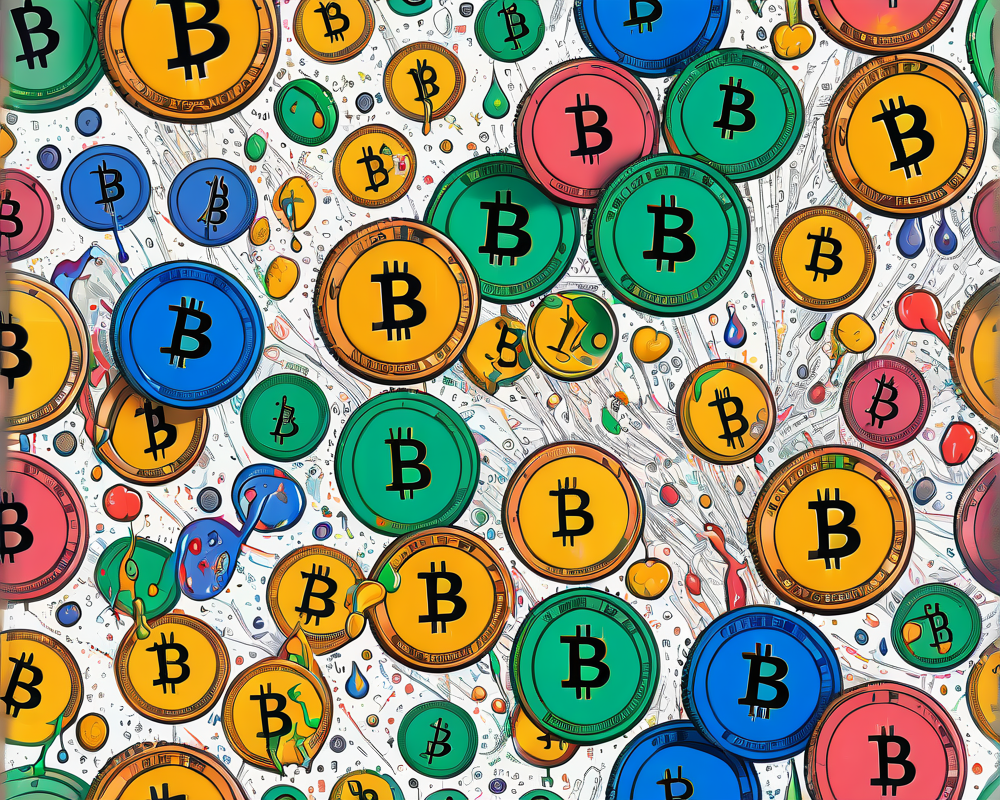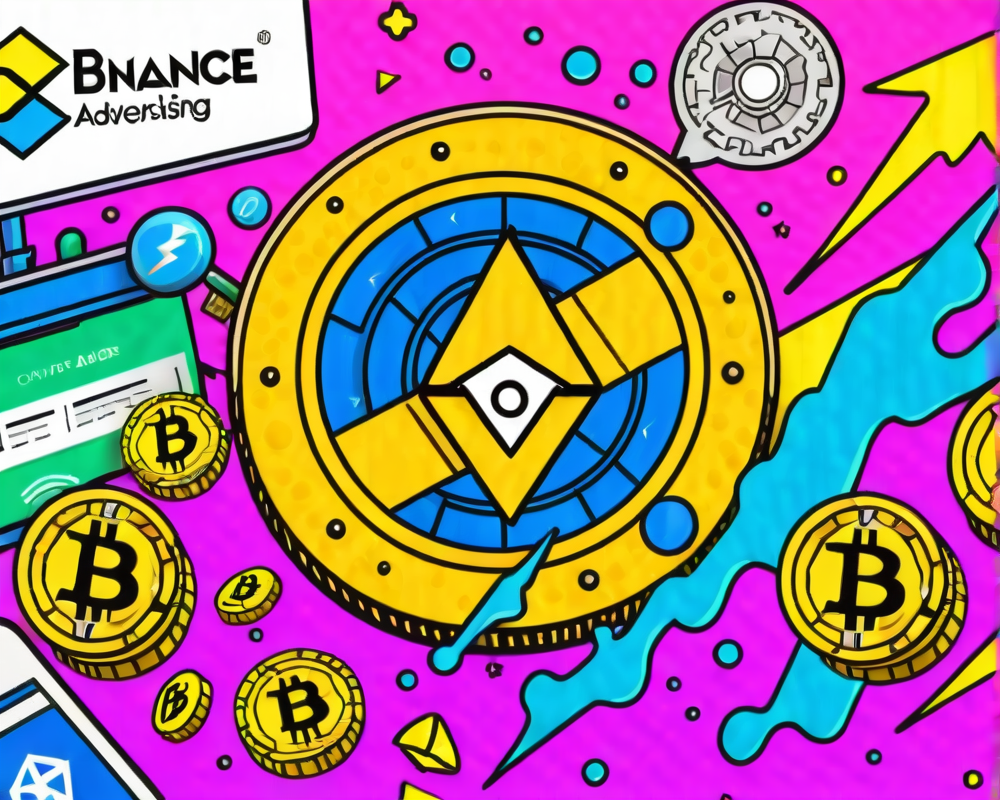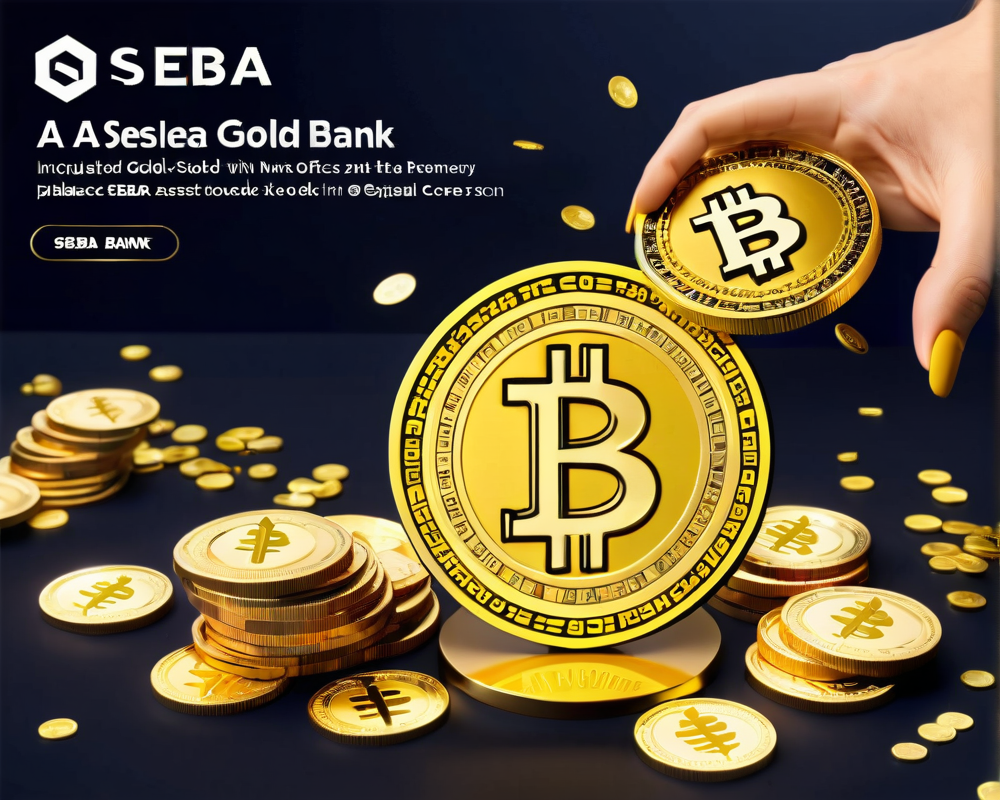Economic Sanctions and Their Ripple Effect
As the West tightens its grip on Russia through economic sanctions, the murmurs of concern within the cryptocurrency community have grown louder than a teenager’s pop concert. Russia, which has been practically booted out of the SWIFT international payment system, faces business bans from various countries. But how does this affect the world of cryptocurrencies?
The Crypto Exchange Stance
Big shots in the crypto industry are stepping up to voice their opinions. Changpeng Zhao, the CEO of Binance—the heavyweight champ of crypto exchanges—tweeted his thoughts, asserting banks and exchanges must follow sanction rules. He said, “We are not going to unilaterally freeze millions of innocent users’ accounts.” It seems Binance is trying to portray an image of lawfulness while keeping the crypto party rolling.
Binance’s Balancing Act
In a crowded room of speculation, Binance stands out like a neon sign, yet its response is to balance the scales. While rumors swirl about exchanges ignoring sanctions, Binance reassures users that they are committed to compliance. Let’s face it; they wouldn’t want to end up on the wrong side of a government crack-down.
The Ripple Effect of Regulation
Meanwhile, Brad Garlinghouse, the CEO of Ripple, has jumped into the fray with a firm stance against the narrative that Russia could sidestep sanctions using cryptocurrencies. Garlinghouse emphasized that crypto trading platforms rely on a smorgasbord of banking partners, and using sanctioned channels could lead to losing licenses faster than you can say “blockchain.”
Know Your Customer, Not Your Oligarchs
In a world that loves a good conspiracy theory, Garlinghouse dropped another nugget of wisdom: Exchanges are now following rigorous Know Your Customer (KYC) and Anti-Money Laundering (AML) standards to keep the baddies out. This is like putting up security cameras in a high-stakes poker game; nobody wants to be caught cheating.
Coinbase’s Compliance Pledge
Brian Armstrong, CEO of Coinbase, also weighed in. He pointed out that avoiding sanctions isn’t as easy as slipping cash under the table at your local diner. Every U.S. cryptocurrency company is obliged to uphold the law—no exceptions, whether it’s dollars, crypto, or glittering unicorns. He made it clear that the open ledger nature of cryptocurrencies makes them a less-than-ideal hiding spot for Russian oligarchs looking to skydive through restrictions.
Not a Blanket Ban
Although Coinbase has chosen not to preemptively ban all Russian users, it promises to block accounts and transactions involving sanctioned individuals or entities. It’s like keeping your door open for the mailman while making sure that the squirrels stay outside. So, while everyone deserves access to basic financial services, Coinbase isn’t taking risks with international legality.
In Conclusion: The Future of Crypto in a Sanctioned World
As the dust settles on this financial battlefield, it’s clear the narrative will continue evolving. Government regulations, compliance strategies, and the shifting landscape of crypto exchanges will constantly shape how cryptocurrencies work in a world marked by sanctions. Whether the digital currency will emerge unscathed or face the harsh consequences of geopolitics remains to be seen, but one thing is for sure: the crypto world is nothing if not resilient.




